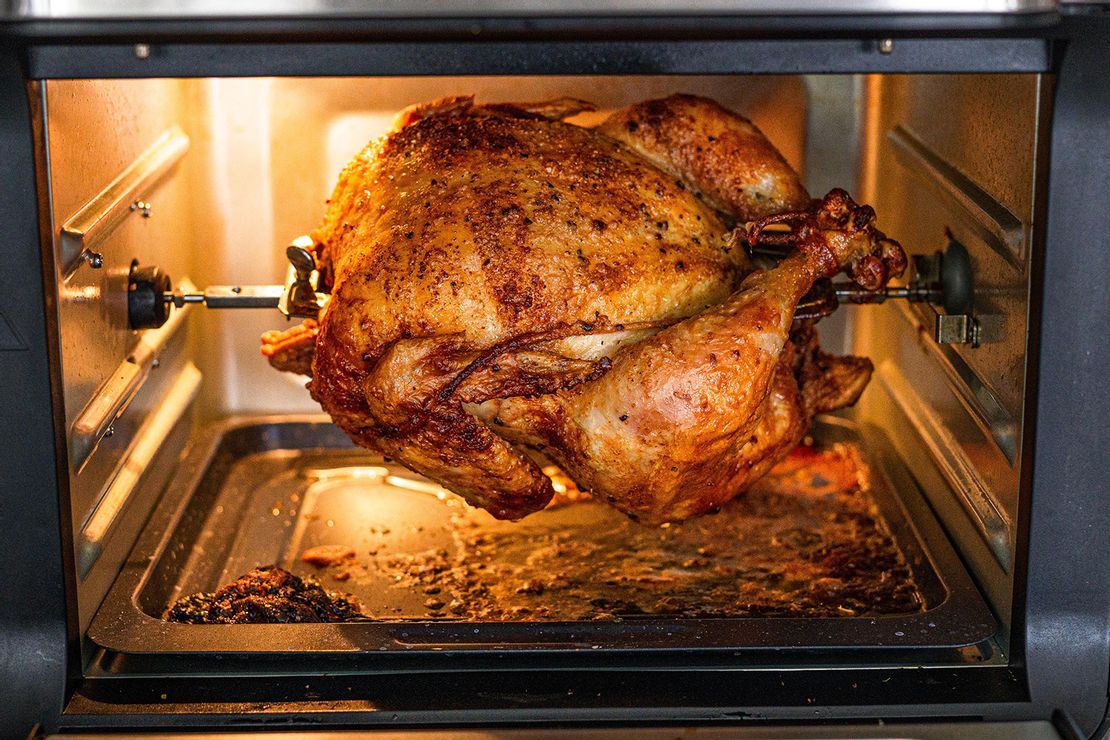Rotisserie chicken is a popular choice for many families, offering a quick and easy meal solution. However, are you aware of the potential health risks associated with it? In this article, we will dive deep into why rotisserie chicken might not be as healthy as it appears. The insights provided here will help deepen your understanding of food choices and health impacts.

The Popularity of Rotisserie Chicken
Rotisserie chicken has gained tremendous popularity. It’s readily available in supermarkets and offers a convenient dinner option for busy people. But amidst its popularity, its essential to understand the potential downsides.
High Sodium Content
Why High Sodium is Bad
Sodium is an essential nutrient, but excessive intake can lead to serious health problems such as high blood pressure, heart disease, and stroke. Unfortunately, rotisserie chickens are often laden with sodium.
Control Your Sodium Intake
Awareness is key. By being informed about the sodium content, you can make better decisions about how often you consume rotisserie chicken. For tips on reducing sodium, check this useful resource.

Added Preservatives and Additives
Many rotisserie chickens have preservatives and additives to improve flavor and shelf-life. While these substances aren’t inherently harmful, in large amounts, they can cause health issues.
Common Preservatives Found in Rotisserie Chicken
Some common additives include phosphates, MSG, and nitrates. Regular consumption of these can lead to various health problems ranging from headaches to more severe conditions like certain cancers.
Rich in Unhealthy Fats
Rotisserie chickens typically have a high content of unhealthy fats. These include trans fats and saturated fats, which can contribute to heart disease and obesity.
Understanding Healthy vs. Unhealthy Fats
While fat is an essential part of our diet, distinguishing between healthy and unhealthy fats is crucial for maintaining good health. Healthy fats can be found in foods like avocados and nuts, whereas unhealthy fats are often prevalent in processed foods.
Bold External Links
Check out these relevant articles that provide more insight into rotisserie chicken:
- What to do with Rotisserie Chicken
- How long can Rotisserie Chicken stay in the fridge?
- How to reheat a Rotisserie Chicken
Exposure to Harmful Chemicals
Harmful Chemicals in Packaging
Rotisserie chickens are often packaged in containers that might contain harmful chemicals like BPA. These chemicals can leach into the food and pose health risks.
Minimize Exposure
Whenever possible, transfer the chicken to safer containers once you bring it home. This simple step can minimize your exposure to these chemicals.
Loss of Nutrients
The cooking process for rotisserie chicken often leads to a significant loss of nutrients. Essential vitamins and minerals can degrade at high cooking temperatures.
Opting for More Nutritious Alternatives
Incorporate a variety of protein sources in your diet to ensure you get a wide range of nutrients. Consider options like grilled chicken or plant-based proteins.
Fascinating Rotisserie Chicken FAQ
Is all rotisserie chicken bad for you?
Not necessarily. Occasional consumption is not harmful, but regular intake might expose you to the potential downsides discussed.
Can homemade rotisserie chicken be healthier?
Yes, making rotisserie chicken at home allows you to control the ingredients and make a healthier version.
What are better alternatives to rotisserie chicken?
Grilled or baked chicken, fish, and plant-based proteins are excellent alternatives that offer nutritional benefits without the downsides of rotisserie chicken.
As an Amazon Associate, I earn from qualifying purchases.










